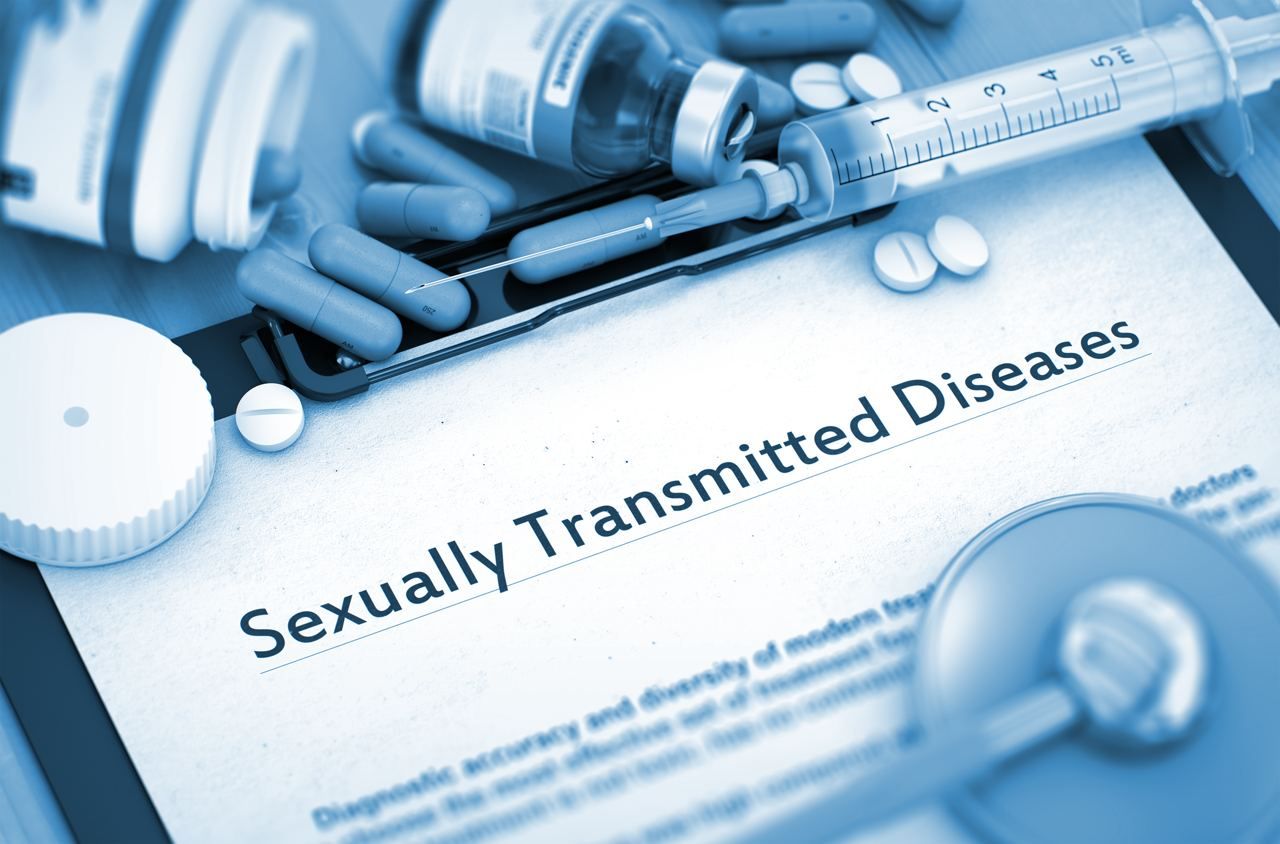How to Ask Your Partner for an STD Certificate
-
Published:24 November 2023
-
Updated:15 March 2024

In previous articles, we discussed what to do if you discover a sexually transmitted disease and provided advice on how to talk to your partner about it. Today, we'll talk about how to ask your partner for an STD certificate tactfully.
Sexual health and hygiene safety form the foundation for reliable and healthy relationships. Everyone wants to be confident in their partner and their health, and this confidence needs to be backed up, not just by words.
Each person has the right to their own worldview and values. When it comes to the cleanliness of sexual contact, it means that you prioritize maintaining a safe space for yourself in this area. Safe sexual contact is your value and priority. It's recommended to state this value at the beginning of any relationship, so your partner understands where the boundary lies and that such a value exists. If you're already in a relationship, discussing what's important to you should be direct. In the conversation, maintain the format of "I-statements," speaking about yourself and your values, such as "it's important to me," "I get checked," "I want to be sure," "I want to be safe."
Why is it uncomfortable to ask for an STD certificate?
Discomfort may stem from the fear of losing a partner, as well as the fear of being devalued and misunderstood. Such fears are inherent in all of us, but they shouldn't restrict you, leading to behavior that diminishes the quality of your sexual life and relationships in general.
How to approach the topic of an STD certificate?
This topic can induce feelings of guilt or shame, so it's often avoided. To initiate a dialogue and prevent your partner from closing off during the discussion of such a delicate issue as sexual health, it's necessary to use non-coercive forms of communication. For example, ask your partner what they think about periodic health checks and carefully listen to their opinion without interrupting. Then explain your position and say that it's a condition for engaging in sex and building trust.
You can say to your partner: "I care about my health, and this aspect is crucial to me. I don't engage in sexual activities with a new partner if they can't provide an STD-free certificate." Clarify that you also get checked and suggest undergoing tests together. Remember that even in committed relationships, it's recommended to get tested annually, as some infections can be contracted not only through casual encounters.
My partner feels offended and thinks poorly of me. What should I do?
Offense can be used as a way to manipulate another person. By expressing your desire for safe sex, you don't want to hurt your partner. If they respond with offense, it's a way to influence your opinion and behavior. It's important to remember that none of us are responsible for another person's feelings and emotions. If you're doing everything right and not imposing your worldview, there's no reason for offense.
Explain that your position isn't about the specific person but rather concerns your sexual life and health. Try to convey your feelings and concerns to your partner, share how you arrived at this position, and why it's crucial for you. If you've had a negative experience and are willing to share it, it can help you understand each other better and become closer.
Why do people react negatively to a request for an STD certificate?
Reasons can be related to both attitudes and fears of the partner, such as:
- Past experiences when someone was accused of having an STD, making this request a triggering reminder.
- Belief that people who trust each other don't need to get tested.
- Stereotypical beliefs that STDs are a problem for certain categories of people.
- Lack of a culture of regular check-ups – people often see a doctor only when a problem arises, rarely for prevention.
- Personal history of having had an STD and being shamed for it.
- Conviction that all discussions about STDs are "dirty" or awkward, making it easier to avoid talking about them.
Taking care of your health and treating it responsibly is a personal choice. This choice can't be imposed on another person without violating their boundaries.
Also, don't forget that the most important person in your life is yourself. You have the right to your values and beliefs, as well as the right to assert them.













.svg)
.svg)

